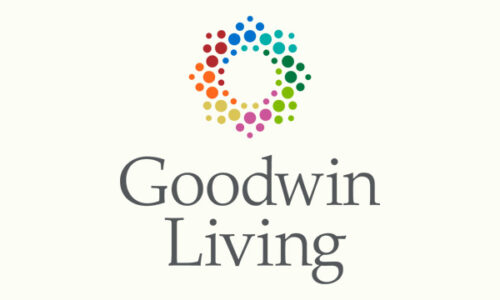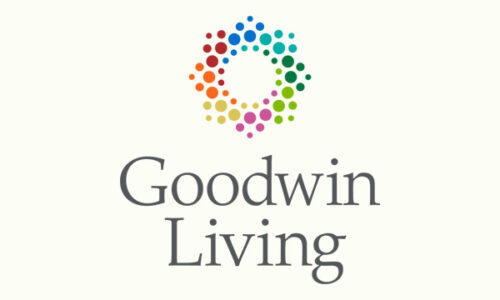The Holiday of Passover & Its Meaning
by Lauren Kipfer
Passover is a Jewish holiday observed in the spring to celebrate freedom and to remember the Exodus from Egypt. Unlike a lot of other Jewish holidays, this one is primarily observed in the home with a special service called a seder (Hebrew, meaning order). This includes a retelling of the events in which the Jewish people were enslaved in Egypt, and how they were able to regain their freedom.
So that we may learn from and remember this story, we recite it from a book called a Haggadah (meaning telling). All of this takes place during a festive meal. In this story, the Israelites had been enslaved by the pharaoh who, despite repeated promises, refused to allow the Jewish people to leave Egypt. God sent 10 different plagues of increasing intensity to finally persuade the pharaoh to allow them to depart.
Passover is a holiday full of symbolism. Every table will have a seder plate, and each item on the plate has a special significance. A hardboiled egg symbolizes the festival sacrifice and spring. Bitter herbs (usually horseradish) symbolize the bitterness of Egyptian slavery. A shank bone (usually lamb) symbolizes the Paschal lamb that was offered for sacrifice. Charoset (a mixture of apples, nuts and spices) symbolizes the mortar the enslaved Jewish people used to build Egyptian structures. Also, parsley is dipped into saltwater to remind us of the tears shed during Egyptian slavery. Some more modern seder plates will also include an orange to symbolize marginalized Jews who were not always accepted into the Jewish community.
During this eight-day festival, Jewish people do not eat any foods that are leavened and instead eat matzah, which is unleavened bread. This is because when the Jewish people were able to leave Egypt, they were forced to leave in a great hurry, so matzah is eaten as a reminder of that because leavening dough takes time that they did not have. Forbidden foods during Passover include anything with yeast or other rising agents; anything considered chametz or containing wheat, spelt, barley, oats and rye; and anything that might puff up such as rice, beans, corn, peanuts and lentils.
Several traditional foods are eaten during the Passover meal and throughout the eight days of the holiday, such as matzah ball soup, hard boiled eggs, gefilte fish and macaroons.
Even though the topic of the holiday is more somber, usually the seder is a lot of fun. Everyone around the table takes a turn reading a passage to retell the story of the Exodus from Egypt, and there are often lively discussions surrounding the various parts of the story. There is a prayer that is read by the youngest person in the room (either in English or Hebrew), and there are many songs that everyone likes to sing.
At the end of the seder, the children search the home for the afikomen or piece of matzah that is hidden ahead of time. Whoever finds it first wins a prize! Also, a cup of wine is left on the table for Elijah. It is said that Elijah will arrive as an unknown guest to bring about the Messiah. At the end of the seder, someone will open the door to welcome Elijah into the home. Some homes will also include a Miriam’s Cup, which is a cup of water on the table, which serves as a reminder that Miriam was able to provide a source of water for the Israelites in the desert. It is also a way of drawing importance to women in the story who are often overlooked.
My grandfather, who is a 100-year-old Holocaust survivor, is often asked what holiday is the most important to him and has the most meaning. Many are surprised when he says that Passover is the holiday he holds most dearly and not Rosh Hashanah (the new year) or Yom Kippur (the Day of Atonement). He believes that it is vital to continue to remember and reflect upon the past so that it may not happen again. It is also a time to be grateful and give thanks. As we say every year, “Once we were slaves in Egypt. Now, we are free.”
___________________________
Goodwin Living DEI Committee: Statement of Purpose: Educate, Embrace, and Empower team members, residents, members* and all served by Goodwin Living to support Diversity, Equality and Inclusion.
Goodwin Living DEI Committee Desired Outcome: The Diversity, Equality, and Inclusion Committee (DEI) will seek open and honest communication and collaboration that will inform and celebrate the age, culture, ethnicity and sexual orientation of team members, residents, members* and all served by Goodwin Living without bias. *Members include Priority Club members and Goodwin Living At Home.
Questions or comments? Please contact us DEI@GoodwinLiving.org.





